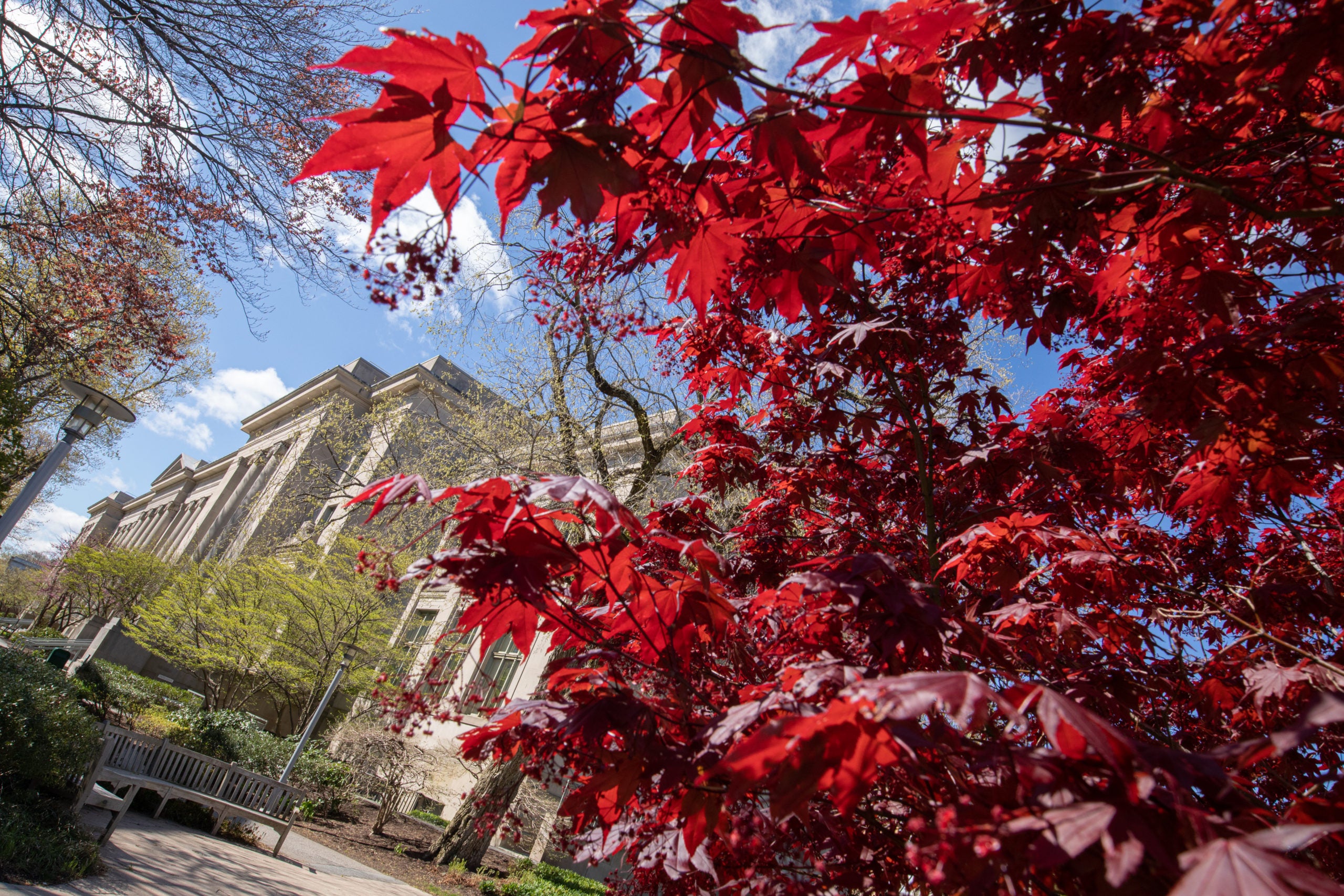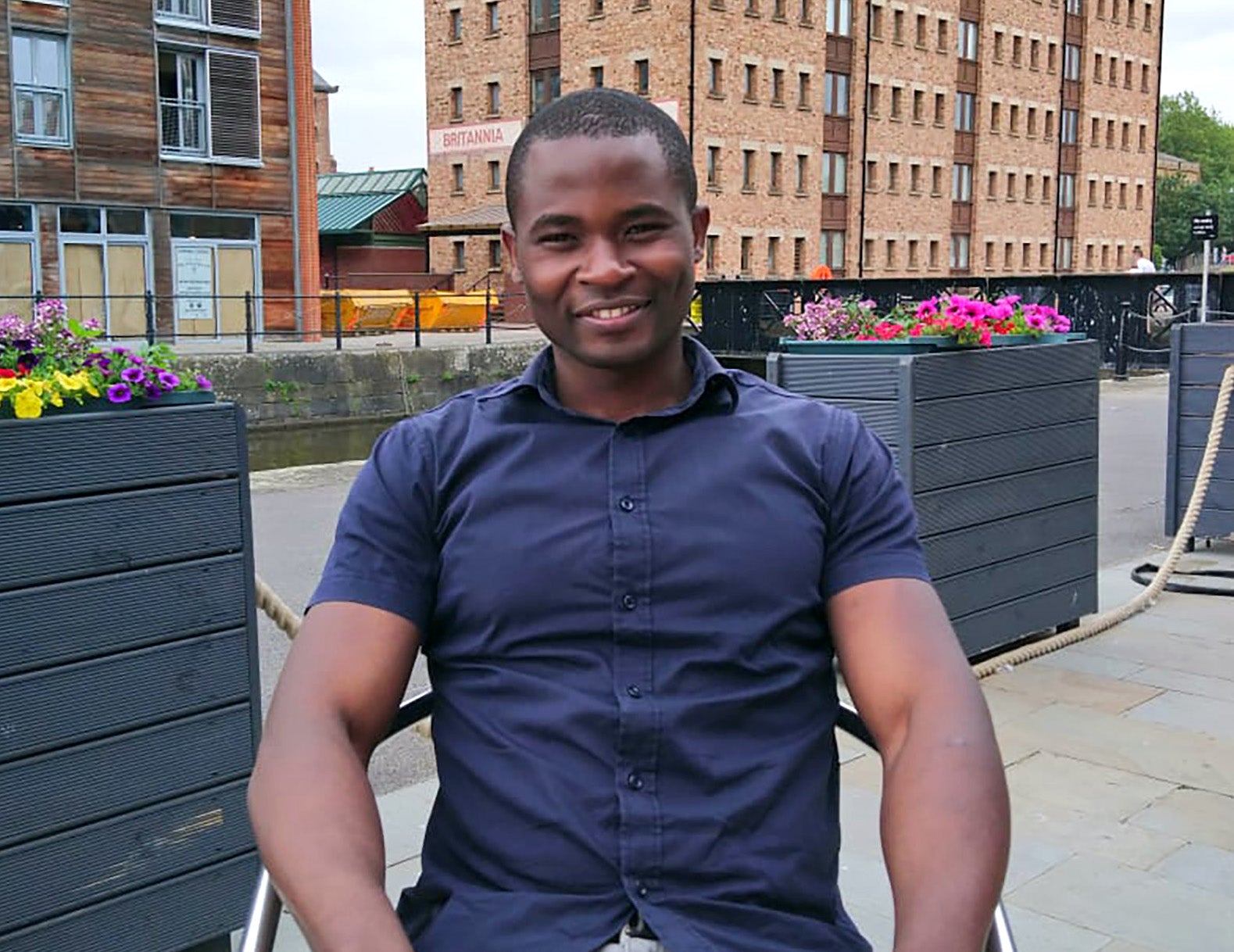Kelly Kapianga LL.M. ’20, who is from Zambia, can’t quite remember when he first thought of becoming a lawyer, but “in the tiny village where I’m from, you could only ever be either a policeman or a teacher. I wanted to do something different,” he explains. After earning an LL.B. at the University of Zambia, he spent four years as an associate at one of his country’s leading law firms, focusing on public interest litigation and alternative dispute resolution.
Kapianga and some of his friends began spending time with children incarcerated in detention centers. “One fact that is true in detention facilities across the world is that the people in them tend to be from the poorest communities,” he observes. “So, what happens [in Zambia] is that the kids only have the clothes they are arrested in.” At first, the group offered social support, providing basic necessities — another set of clothes, a toothbrush — and coaching for the children in volleyball and chess. “I have always felt that chess teaches introspection, and how to think about the implications of your next step,” he adds.
Their focus soon shifted to providing legal services. “We just kept seeing the same faces over and over again. Why weren’t their cases getting processed? We were lawyers, so we couldn’t just overlook this,” he recalls. “Our hesitancy was that we were corporate lawyers; we didn’t have much knowledge about criminal law.” But their minds were changed when someone asked the group if they thought “the kids would be better off if we didn’t even try?”
In 2014, Kapianga and two other founding members launched Undikumbukire Project Zambia (UP Zambia); in Chichewa, a local language, its name means “Remember me.” Today, the organization supports juveniles in conflict with the law through legal representation, social support, and advocacy for a restorative justice system. With financial support from the German Foreign Office and the European Parliament, UP Zambia now provides some form of legal assistance to every child who is tried in the Lusaka district, and the organization has been asked to expand its services to incarcerated adults.
“We learned that many people—particularly children—are intimidated by the court environment,” Kapianga explains. Instead of just sending lawyers to the detention facilities to offer legal advice, UP Zambia also focuses on accompanying defendants to court. “So, what we have done is to train law students in some of the realities of courtroom work, because they already understand the fundamentals of law. They can help the kid with cross-examination questions, or to collect the evidence they need, either for bail applications or to create a defense,” Kapianga explains.
Kapianga has been quick to apply what he has learned at HLS to his work with UP Zambia. For example, in his Legal Profession course, The New Market for Personal Legal Services: Ethical and Professional Challenges, with Senior Lecturer on Law Jeanne Charn ’70, he studied the various models that have been explored internationally to provide legal services to indigent clients. “I wrote my LL.M. paper in conjunction with that course, examining what my nonprofit does, and highlighting some of the shortcomings of our approach. The biggest realization is that where we are positioned may not be where we can make the greatest impact,” he explains. “The bottom line is that Zambia is a poor country. We don’t have any form of social security, and without that, we can provide all the lawyers we want but we can’t stem the flow of kids into prison.”
“So, we feel now is the time to start transitioning towards more governance-related advocacy and litigation,” he says. “The biggest cause of poverty in Zambia isn’t the lack of resources, it’s corruption. Targeting those excesses, that corruption, would be a way of ensuring that a social security system is developed, and kids don’t need to steal, or commit other crimes.”
For many HLS graduates, this year’s virtual commencement, due to the coronavirus outbreak, will be understandably bittersweet. But even though he can’t celebrate with his classmates in person, Kapianga is looking forward to the law school’s festivities with a special kind of joy.
Soon after it was published, an acquaintance encouraged him to read “Just Mercy,” the best-selling memoir by Bryan Stevenson J.D./M.P.P ’85, founder and executive director of the Equal Justice Initiative, and the law school’s 2020 commencement speaker. “It was inspiring, looking at the challenges he faced in bringing about change, and his impact in the Supreme Court,” Kapianga recalls. “It was the first time I read a book which emphasized the very emotional aspect of the work that we do.”
In March, soon after the film based on the book was released, UP Zambia invited stakeholders to a screening, and Kapianga and his colleagues reached out to Stevenson for a shout-out. To their surprise and delight, he sent them a short video, praising the NGO’s work and thanking the attendees for their support. “My work has been organized around providing legal services to the poor, the accused, the incarcerated and the condemned,” Stevenson says in the video. “The work of UP Zambia is committed to that goal of providing people with the legal services that they need to make sure that we have a reliable, fair and safe justice system. I am honored that people in the homeland of my foreparents take seriously the call to justice.”
“His achievements are amazing, many lifetimes’ worth,” Kapianga says. “So hearing from him then, and now learning that he is going to be the speaker at my graduation, I was blown away.”
When he applied to the LL.M. program, Kapianga wrote that in ten years’ time he hoped to create a new organization, focusing on combatting corruption. Drawing on the inspiration he has received—from Stevenson, and from his time at HLS —he now “feels emboldened” to launch that endeavor much sooner. “As daunting as it seems, I think I can do it.”
***

